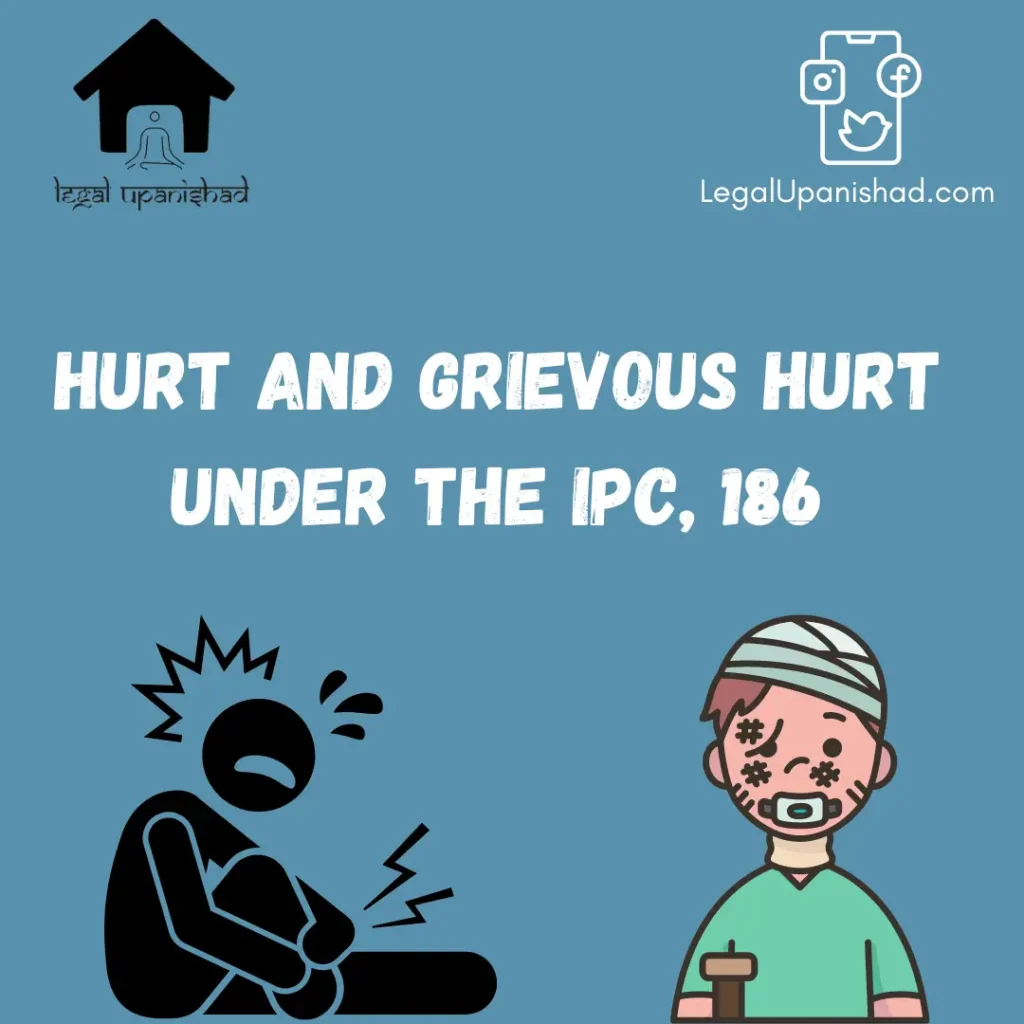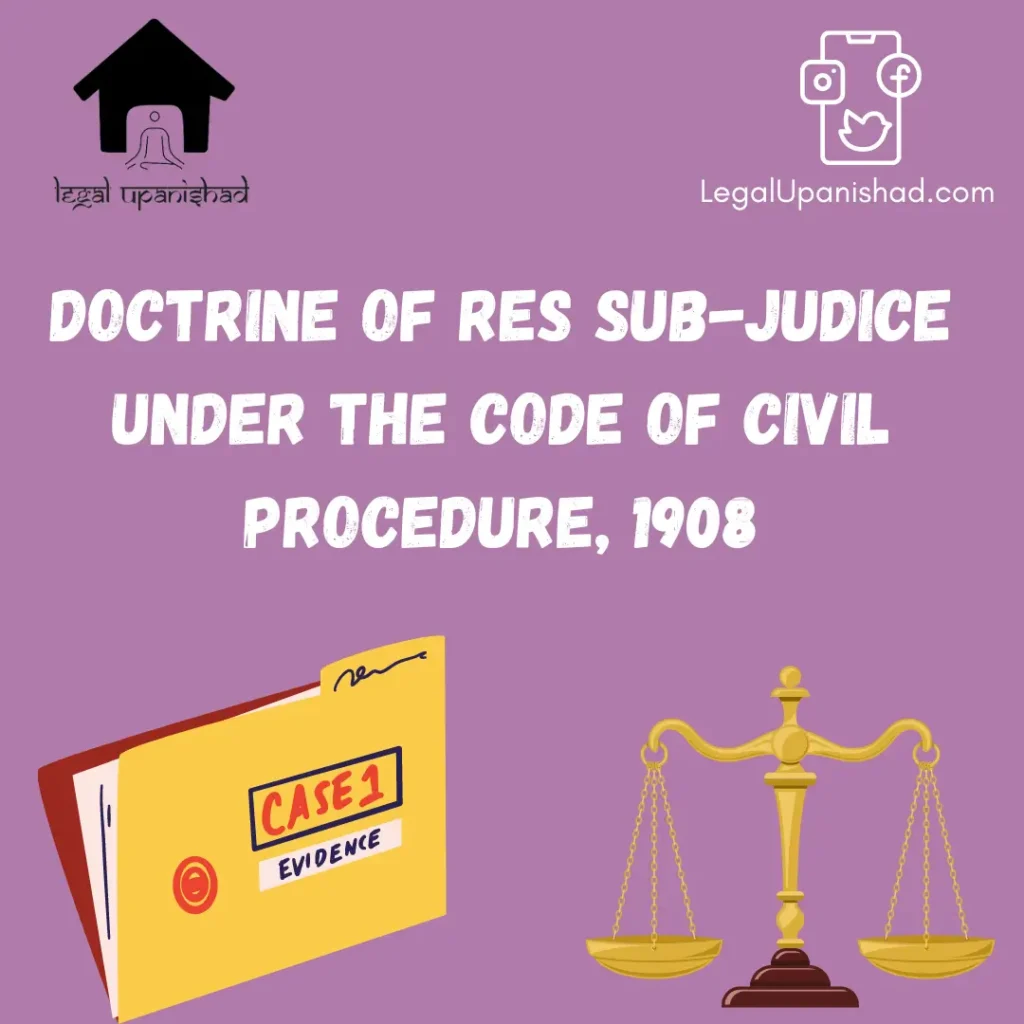Difference between Hurt and Grievous Hurt under IPC, 1860
In this article, we will first provide a brief overview of the IPC, followed by an explanation of the difference between hurt and grievous hurt. We will then examine the provisions of the IPC governing hurt and grievous hurt in detail, including their definitions and punishments, along with relevant case law examples. Finally, we will highlight the key differences between the two offenses and the importance of distinguishing between them.
Difference between Hurt and Grievous Hurt under IPC, 1860 Read More »










